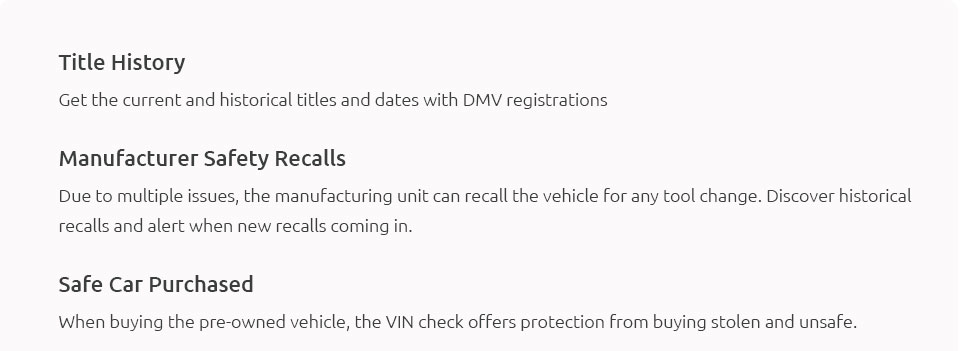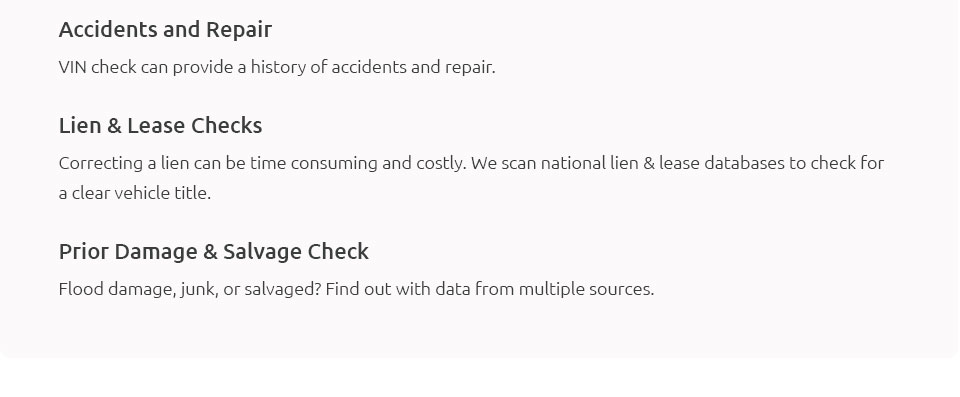 |
 |
 |
 |
 |
||
 |
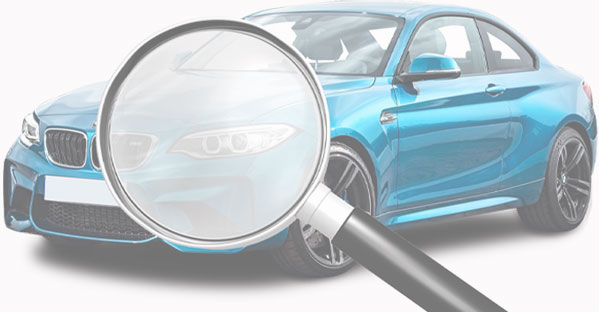 |
|
 |
 |
|
 |
 |
 |
 |
||
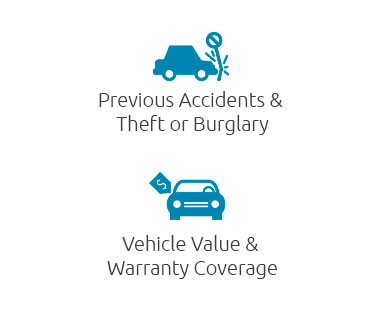 |
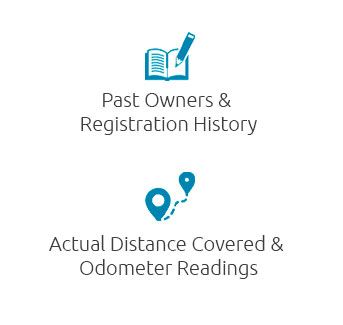 |
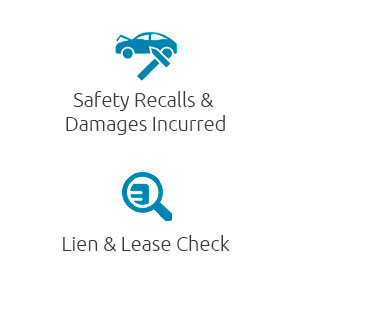 |
 |
 |
 |
||||
|
||||
 |
 |
Can You Find the Owner by VIN Number?When it comes to unraveling the mysteries hidden within a vehicle's history, the Vehicle Identification Number, or VIN, stands as a cornerstone. The allure of being able to trace a car's lineage back to its rightful owner using this 17-character alphanumeric code is undeniable. However, the answer to whether you can directly find an owner through a VIN number is layered with complexities, legal implications, and practical considerations. Let's delve into this intriguing topic, exploring the realms of possibility, legality, and practicality. Firstly, it's essential to understand what a VIN is and what it can reveal. A VIN serves as a vehicle's unique fingerprint, containing information about the car's make, model, year, and place of manufacture. It can even disclose the type of engine or transmission it houses. While this wealth of information is valuable, when it comes to locating an owner, the VIN's potential is limited without the right tools and permissions. Privacy Laws and Limitations Privacy laws play a significant role in restricting access to personal information through VINs. In many countries, accessing an individual's personal details, such as name and address, via a VIN is prohibited without consent or legitimate reason. This is designed to protect individuals from privacy breaches and misuse of personal data. For instance, in the United States, the Driver's Privacy Protection Act (DPPA) restricts such access, ensuring that vehicle owner details are not readily available to the public. Available Resources Despite these restrictions, there are legitimate avenues for obtaining information linked to a VIN. Services like vin check on older vehicles offer insights into a car's history, such as accident reports, title changes, and recalls, but they stop short of disclosing current owner information. These reports can be incredibly useful if you're considering purchasing a used vehicle, as they offer a glimpse into the car's past life and any potential red flags. For specific models, such as a Jetta, dedicated platforms like jetta vin lookup specialize in providing detailed histories tailored to the make and model, but again, without revealing the owner's identity. It's crucial to recognize the distinction between the wealth of technical and historical data available versus personal owner details, which are safeguarded. Expert Tips and Advice So, what can you do if you need to contact the owner of a vehicle, perhaps to negotiate a purchase or to resolve a dispute? Here are some expert tips:
In conclusion, while the VIN is a powerful tool for unlocking a vehicle's history, it is not a direct gateway to finding an owner due to legal constraints designed to protect personal privacy. Leveraging legitimate services for vehicle history checks and understanding the legal landscape can guide you in navigating the nuances of VIN-related inquiries effectively. Whether you're a potential buyer, a curious historian, or someone embroiled in a vehicular conundrum, knowing these intricacies empowers you to approach the matter with informed assurance. https://www.wikihow.com/Find-the-Owner-of-a-Vehicle
Try using the VIN to locate the owner online with a VIN lookup service. Your state's Registry of Motor Vehicles also provides limited information using the ... https://apnews.com/article/lifestyle-business-marketing-and-advertising-corporate-news-automobiles-83ddfb1f9f2c1a9dbe9c3d612f2fb54d
VIN is also used to find out who owns a vehicle. Not anyone can make this inquiry within valid and legal means because some places protect this ... https://www.youtube.com/watch?v=RobnHg-JeFk
How To Check Ownership Of A Vehicle With VIN (How To Find Owner Of A Vehicle With VIN). In this video tutorial I will show you how to check ...
|

